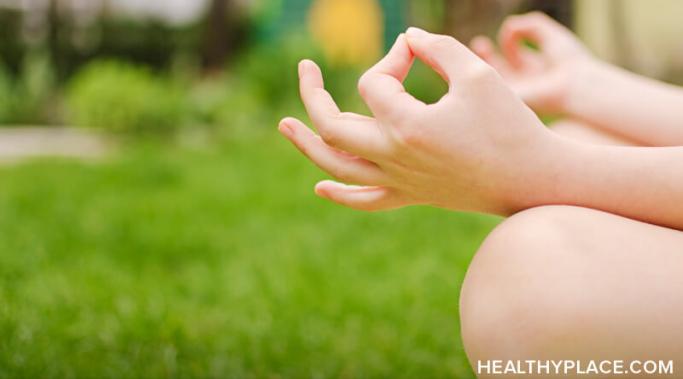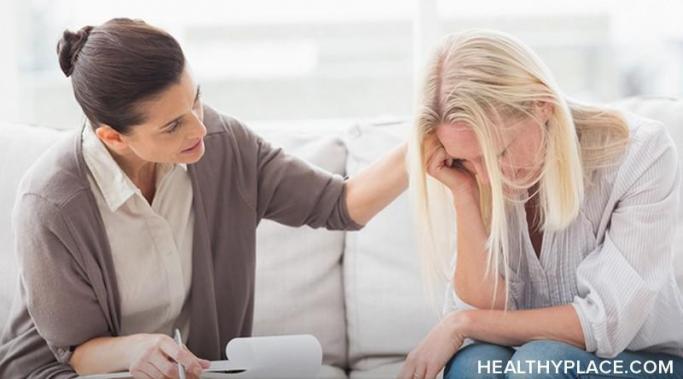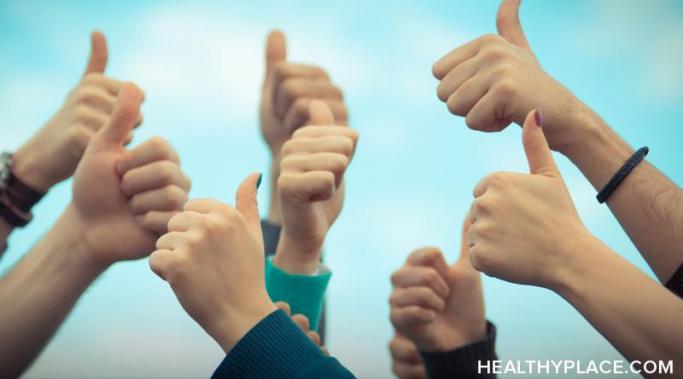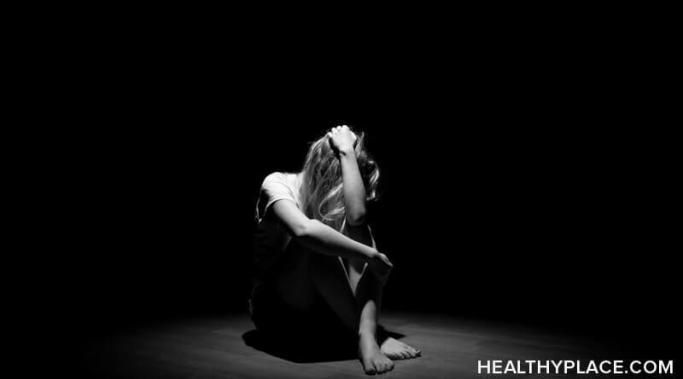Blogs
The benefits of accepting your eating disorder are numerous because it’s the first step to healing. The more we resist something, deny it, or make excuses, it sets up a distance. It’s like holding the eating disorder at arm's length where it will continue to be a scary thing that’s chaotic to explore. Here are the true benefits of accepting your eating disorder.
In recent years, the mental health community has been working to phase out the term “commit suicide” because of the negative connotations that are attributed to it. It really came on my radar two years ago when I attended a suicide prevention walk in St. Catharine's, Ontario and spoke with Denise Waligora, who works with the Mental Health Commission of Canada. Waligora shared with me the stigma associated with the term "commit suicide" and how it was associated with crime and sinfulness (Talk About Suicide to Erase the Shame of Talking About Suicide).
Alternative coping skills for bipolar disorder can be important thanks to the fact that living with bipolar disorder can feel like you're on an emotional roller coaster. Dramatic and erratic shifts in mood, energy levels, and your ability to function on a daily basis are affected. These mood fluctuations can wreak havoc throughout your personal and professional life. Learning to cope with intense emotions and changes with alternative coping skills for bipolar can help you feel more in control of your mental health.
It’s hard for non-bipolar people to identify with this, but when I have bipolar depression, I don’t want anything. It doesn’t matter what it is, it doesn’t matter how I used to feel about it, it doesn’t matter how good an idea it seems, I just don’t want it with bipolar depression, and that’s it.
Being involved in my local NAMI chapter helped me understand I wasn't alone with my bipolar disorder.
Living with bipolar 2 is a constant challenge
When my first son was stillborn, I had no idea how to live with grief while balancing my mental illness and my family (Complicated Grief and Bipolar After the Loss of a Loved One). But after having two more amazing children with a husband who continues to stand by my side, we've learned how to live with grief and my mental illness. Nine years after we said goodbye to our first son, I have learned how to grieve while continuing to care for my mental illness and enjoy my family.








